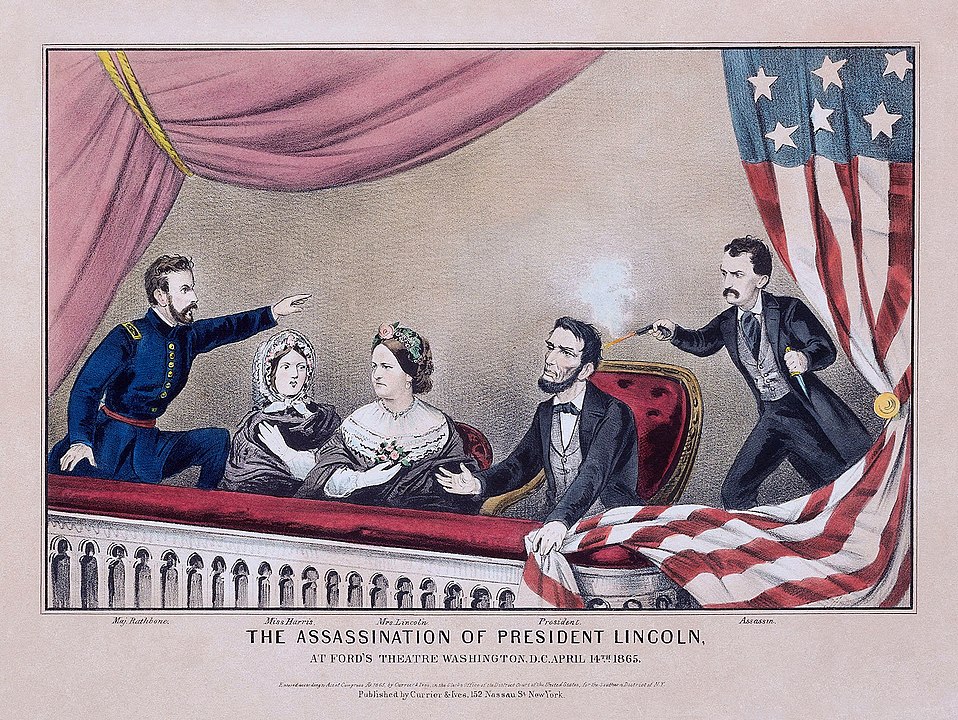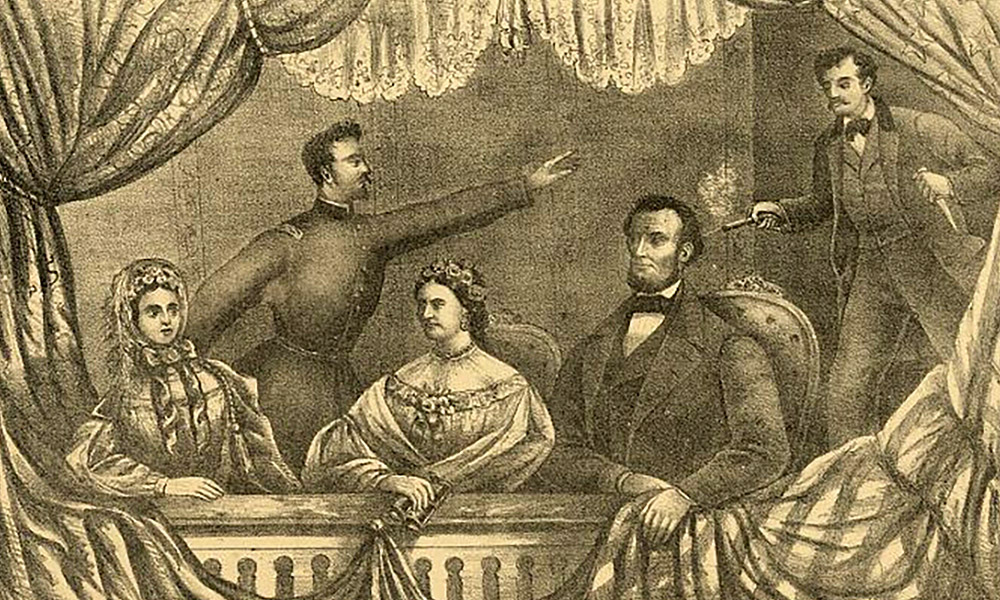A Pivotal Change
Saving Abraham Lincoln from his tragic assassination at Ford’s Theatre would have enormous implications for history. As the primary impetus for traveling back in time to that fateful night was to prevent his death, success in that goal would alter the timeline significantly. Lincoln’s leadership through the post-Civil War Reconstruction era could have changed the course of race relations and national unity in profound ways.

Exploring an Alternative Future
With the prevention of Lincoln’s assassination, one might be tempted to continue altering pivotal events to engineer an ideal timeline. However, as the passage notes, there are surely unintended consequences to any changes that ripple outward unpredictably. A wiser approach would be to carefully observe the new alternative timeline for a decade to study outcomes and evaluate impacts. Only by taking the long view could one determine if changes truly improved conditions or inadvertently led to other hardships. Monitoring outcomes over generations, as opposed to single events, offers the best lens for ethical timeline modification.
Unintended Consequences of Intervention
No matter how well-intentioned, directly manipulating history risks unleashing unforeseen effects. Lincoln’s leadership saved the Union and set the stage for advancing civil rights, yet other tragedies may replace the assassination in an adjusted timeline. While some changes ease suffering, toppling one difficulty often breeds new hardships. Moreover, each alteration erases an entire potential timeline without consent of those within it. The ethical quandaries of such intervention demand utmost caution and humility. Perhaps the wisest role is observer and student, not engineer, of alternate historical flows.
A Philosophical Challenge
Calculating the repercussions of major timeline shifts presents philosophical challenges. One cannot assume effects follow linear cause and effect, as disruption reverberates widely and emerges from dynamic interplay of countless variables. Like ripples from a pebble, impacts resonate far beyond foresight and intended goals. With infinite possible offshoots from any pivot, how does one determine the “best” outcome or if a previous state was preferable? This uncertainty mirrors puzzles inherent in modeling even simple systems mathematically. The time traveler can only thoughtfully consider ramifications and avoid hastening unwarranted changes.
Maintaining Historical Integrity
Rather than hastily altering events based on present-day values, respecting history’s inherent integrity deserves due consideration. Each era faced its own complex realities that shaped outcomes through compromise and progression over generations. Heavy-handed timeline manipulation dishonors historical actors’ genuine struggles and achievements. Moreover, erasing a timeline without consent infringes on those peoples’ existence and agency. A wiser approach applies modern ethics to carefully study, understand and learn from the past, not directly engineer it according to current preferences. Alternative histories should unfold organically from ethical initial conditions, not forced reconfigurations.
Proceeding with Humility and Caution
In sum, the implications of major timeline shifts stemming from preventing Lincoln’s assassination demand the utmost prudence and care. While the intent was to spare suffering, toppling one pivotal event risks unintended hardships. Moreover, each alteration erases an entire world of lived experiences. A wise time traveler proceeds not as engineer but thoughtful observer, considering impacts over generations before acting. Any intervention respects history’s dynamics and complexity rather than imposing current views. Most vital is maintaining an open and learning perspective, along with humility regarding the long-term effects of even well-meaning changes to the historical flow.

 My Experience Living in Different Neighborhoods of Accra, Ghana
My Experience Living in Different Neighborhoods of Accra, Ghana